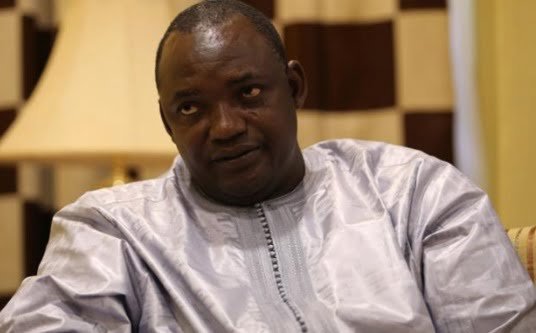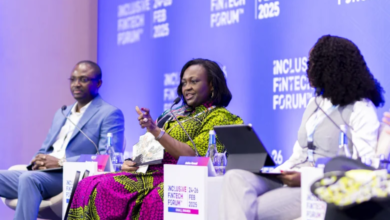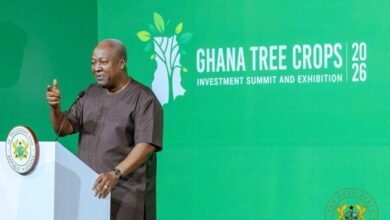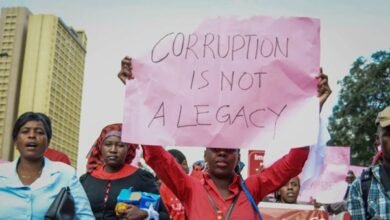
The new government of Gambia, led by President Adama Barrow, has returned the country to the Commonwealth, countering the unilateral decision made by his predecessor five years earlier.
In October 2013, the former Gambian dictator Yahya Jammeh unilaterally withdrew the small West African state from the Commonwealth, which he described as a « neocolonial institution » Gambia will never be a member of any neocolonial institution and will never be part of any institution representing an extension of colonialism, » Yahya Jammeh’s government said at the announcement of the withdrawal. Before the withdrawal, the Commonwealth and the British government had constantly criticized the Jammeh’s government for its poor results in terms of good governance and human rights. Former President Yahya Jammeh was also repeatedly accused of cracking down on dissidents, gagging the press and killing opponents. Faced with this situation, he had been challenged to implement democratic reforms against his will by the other Commonwealth member states. Annoyed by these critics, the former Gambian dictator who had ruled the country for 22 years then decided to withdraw from the Commonwealth.
A success for Adama Barrow
In January 2017, the former strongman of Banjul was ousted after his defeat against Barrow and then exiled to Equatorial Guinea. As for Adama Barro, he has been faithful to his campaign promise. He said Gambia would return to the Commonwealth if elected.
President Adama Barrow wasted no time. As soon as he came to power, the Gambian head of State promptly requested the Commonwealth to readmit Gambia, initiating a process of readmission. Boris Johnson, the British foreign minister, visited Gambia last year, thus accelerating the process of returning Gambia to the Commonwealth.
This reintegration into the Commonwealth is now effective. A symbolic ceremony after the return to Banjul of Ousainou Darboe, Gambian Minister of Foreign Affairs, with the charter of the organization signed by the 54 member States. A symbolic ceremony was held after in the Gambian capital. According to Darboe, the decision of the former Gambian head of State to withdraw the country from the Commonwealth had a serious impact on the country and its people.
« Yahyia Jammeh has weakened the voice of Gambia on issues relevant to the global platform such as climate change, economic development and South-South cooperation, which are crucial for the development of the country, » he said. Mr. Darboe welcomed his country’s return to the Commonwealth, which he called « a great moment », especially for young Gambians. « As a member of this international organization, Gambia enjoys many benefits, such as immigration facilities granted to its citizens to the United Kingdom, the recruitment of judges from Commonwealth countries into the Gambian judiciary, study bursary offered to Gambian students, » he detailed. He continued: « We also hope to take advantage of trade and investment opportunities available to us so that Gambia can develop its economy and participate effectively in the global market, » said the Minister of Foreign Affairs. Gambia is therefore ready to regain its former glory at the international level and reiterates its commitment to the core values of the Commonwealth Charter » said Darboe.
Gambia wants to defend its interests
Reacting to the news on the return, Madi Ceesay, a parliamentarian, says that the Gambians are happy that their country is back to the Commonwealth. The Gambian government should now continue to make progress by representing the citizens’ interests. But he warns: « joining the Commonwealth does not mean that Gambia must accept everything because the best interests of the country must prevail. » But he tempers, explaining that the Gambia does not join the Commonwealth to only benefit from the institution but also to make contribution as a member State. « In terms of our human resources, we have a lot to give to this organization, » said Madi Ceesay.






